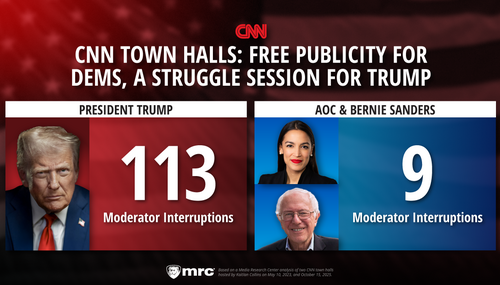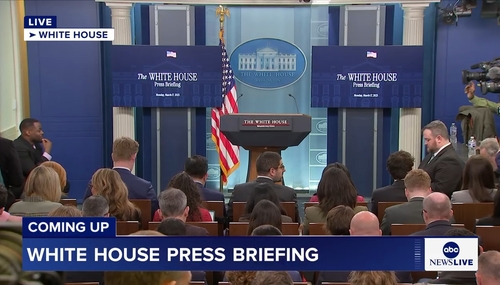This is not a bias-busting item. On this Father's Day, Washington Post Magazine columnist Jeanne Marie Laskas has a nice piece on how good, involved fathers make strong, confident daughters. It's encouraging to read. Laskas figures out that her husband's a good dad because he loves his girls, not just to be satisfied with himself:
I always knew he was a good dad. Somehow, I never really considered the motivation. Somehow, I had it in my mind that being a good dad was a matter of pride. Something a man does for himself. Like waxing a car; he does it to stand back and feel proud of the shine.
My friend put a new light on it. Fatherhood: a vital job a man does or doesn't do -- impacting so much future, blazing a path toward lasting love.
This is a good insight, but it might be insulting to Dad that it took four or five years to figure out. The columnist had a friend over, and noted they couldn't watch the new "Underdog" DVD in the background because her husband and her two daughters were goofing around, as he called one daughter an octopus and the other a stinky hyena:
Your girls are never going to need a man to feel complete," she said. "They won't be picking boyfriends out of a need for validation."
"Well, wow," I said. It was kind of an abrupt shift from "Underdog." I asked her to explain.
"He's doing his job," she said about my husband. "By the time your girls are adults, they'll be done, finished, not all needy around men."
"They're not going to need men?" I asked. This wasn't sounding exactly good, or right, or . . . something. Plus, I wasn't sure how she was getting this out of a slimy octopus/stinky hyena show.
"They won't need men in a parental role," she said. "They won't be looking for Daddy to take care of them, to tell them they're pretty, to buy them stuff. That whole thing. You see a lot of women with that. You know? Like, how does Hugh Hefner have all those babes?" Interesting point. She went on to give her theory that women in healthy relationships -- the kind built on trust, and love, and mutual commitment, as opposed to the kind built on drama and need and jealousy and greed -- are often those who had very attentive, loving dads. Dads who did the job, and completed it. Dads who paid attention. Dads who went to the soccer games and the chess tournaments and the piano recitals. Dads who were always watching, constantly validating. Dads who said: "You're smart. You're pretty. You're amazing. Your heart is big."
Much of parenting isn't hard. By that, I mean it isn't especially complicated. It's only hard because it takes an investment of time, and an investment of self-giving love. But the rewards can be great.




